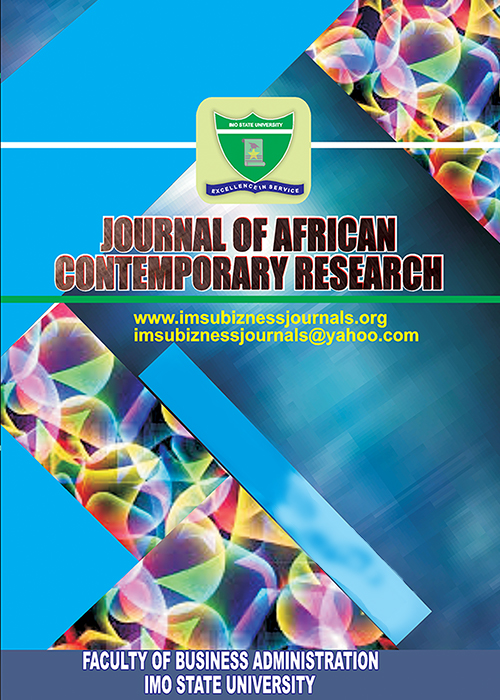2022
Vol. 13, No. 1
A counselor’s approach is a reflection of his/her training and coaching philosophy. For instance, a counselor trained in behaviorism will view a client’s behavior as a function of reward and punishment systems. Behavioral counselors primarily focus on how a person’s behavior is impacted by environmental factors, as opposed to thoughts or unconscious motivations. More so, counseling approaches are differentiated by how counselors interact with clients in the counseling session. For instance, client-centered counselors tend to focus on a client’s innate goodness and use a non-directive style of interaction. Generally speaking, counseling approaches are guided by theories of counseling. Undoubtedly, the effectiveness of counseling depends largely on the application of theories so as to ensure that the right principles and procedures are adopted and followed when engaging in the business of assisting a client. However, the focus of this article was to explore seven theories of counseling, namely: Psychoanalytical Theory by Sigmund Freud, Client-Centered Theory by Carl Rogers, Rational Emotive Behavioral Theory (REBT) otherwise known as ABC of Psychotherapy, developed by Albert Ellis, Theory of Existentialism by Jean-Paul Sartre and others, Gestalt Therapy popularized by Fritz Perls, Behavioral Theory by John O. Krumboltz and others, and Reality Therapy propounded by William Glasser. The role of counselor in each of the seven counseling theories was also highlighted in this article by the authors.
HANSON MANUABUCHI UKAEGBU PhD, EDYTH KARIBO AMACHREE PhD
